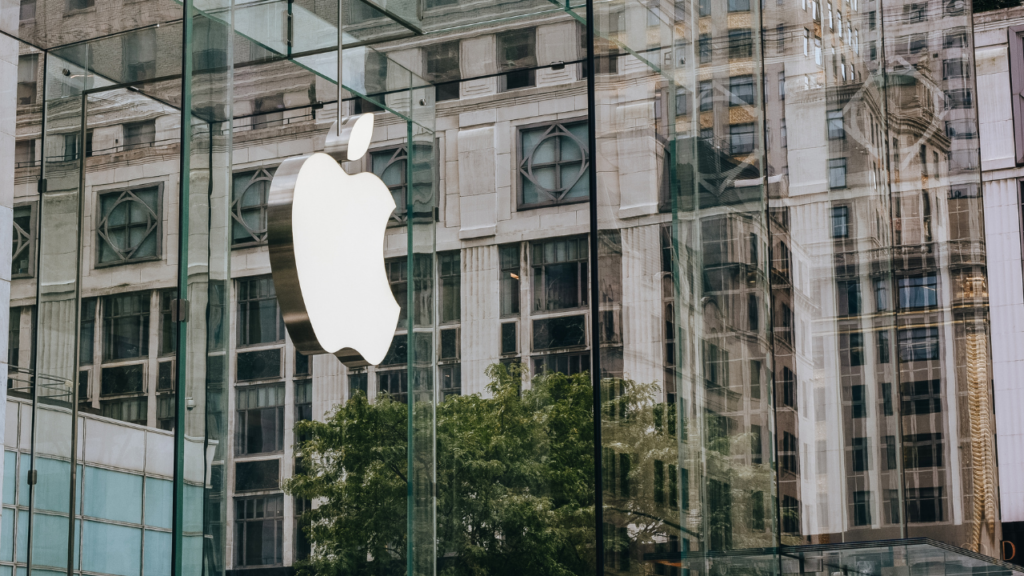
The European Union (EU) has imposed a record-breaking fine of nearly $2 billion on Apple, the U.S. tech giant, for violating the bloc’s antitrust laws by unfairly favoring its own music streaming service, Apple Music, over those of its rivals.
Keep reading on the Fine on Apple for Unfair Music Streaming Service.
According to the European Commission, the 27-nation bloc’s executive arm and top antitrust enforcer, Apple abused its dominant position in the market for online music streaming apps by imposing restrictive and anti-competitive rules on app developers that sell digital content through its App Store.
Specifically, Apple banned app developers from informing iOS users about alternative and cheaper music subscription services outside of the app, such as on their websites or via email. This prevented users from accessing more choices and better deals and forced them to pay higher prices for music streaming subscriptions.
Apple also required app developers to use its own in-app payment system, which charges a 30% commission on all subscriptions and prevents them from using other payment methods. This increased the costs for app developers and reduced their profits and incentives to compete with Apple Music.
The commission concluded that Apple’s practices distorted competition in the market for online music streaming apps, harmed consumers and app developers, and breached EU antitrust rules.
As a result, the commission imposed a fine of 1.8 billion euros ($1.97 billion) on Apple, which represents 1.25% of its annual turnover in 2020. This is the first time that the EU has fined Apple for antitrust violations, and the largest fine ever imposed on a single company for abusing its market power.
The commission also ordered Apple to stop its illegal behavior within two months and refrain from any similar actions in the future. Apple will have to allow app developers to inform iOS users about alternative and cheaper music subscription services outside of the app, and to offer other payment methods besides its own in-app payment system.
Apple said it would appeal the decision, calling it “the opposite of fair competition.” The company argued that its App Store has enabled millions of app developers to thrive and innovate and that its rules are applied equally to all developers, including Apple Music.
Apple also claimed that Spotify is not a fair competitor, as it pays little or no royalties to artists and labels, and that its complaint is motivated by its desire to avoid paying for the App Store’s value and benefits.
The EU’s decision comes at a time when Apple is facing increasing scrutiny and pressure from regulators and lawmakers worldwide over its App Store policies and practices, which have been criticized as monopolistic, abusive, and harmful to consumers and competitors.
The EU has also opened a separate antitrust investigation into Apple’s mobile payments service, Apple Pay, and has introduced new rules, known as the Digital Markets Act, that aim to prevent tech giants from dominating and distorting digital markets.
The outcome of the lawsuit could have major implications for the future of OpenAI and the broader AI landscape, as it could affect the ownership, control, and direction of some of the most advanced and influential AI technologies and research in the world.
We hope you enjoyed reading this article from TechLabGeek, your trusted source for tech news, reviews, and insights. TechLabGeek is a tech blog that specializes in offering detailed product reviews, how-tos, tech explanations, and the latest news in the technology sector. We aim to provide you with high-quality, informed, and engaging content that helps you stay updated about the latest developments and trends in the tech world.
If you liked this article, please share it with your friends and family, and don’t forget to subscribe to our newsletter for more tech content delivered to your inbox. Thank you for reading TechLabGeek, and stay tuned for more!